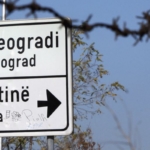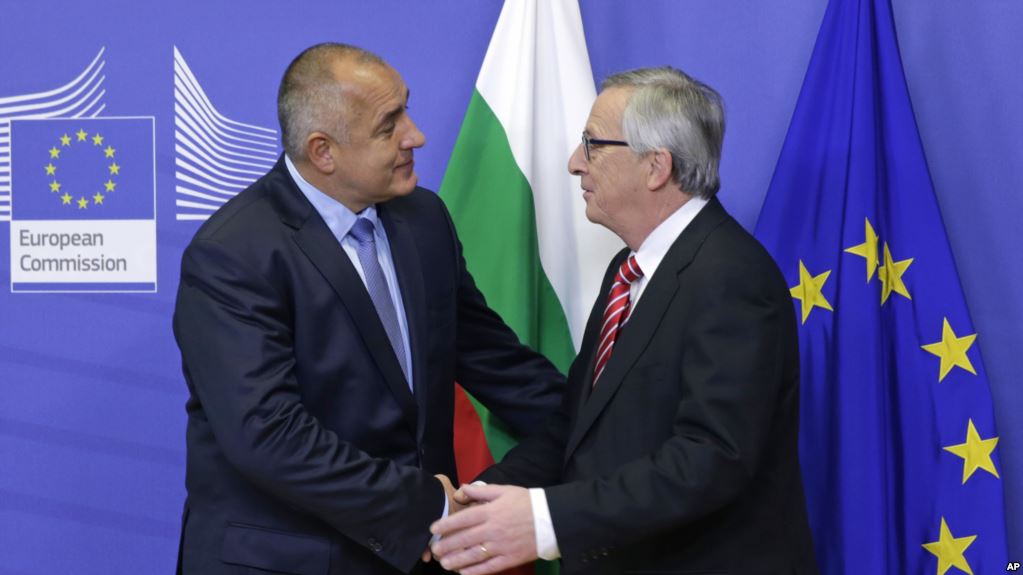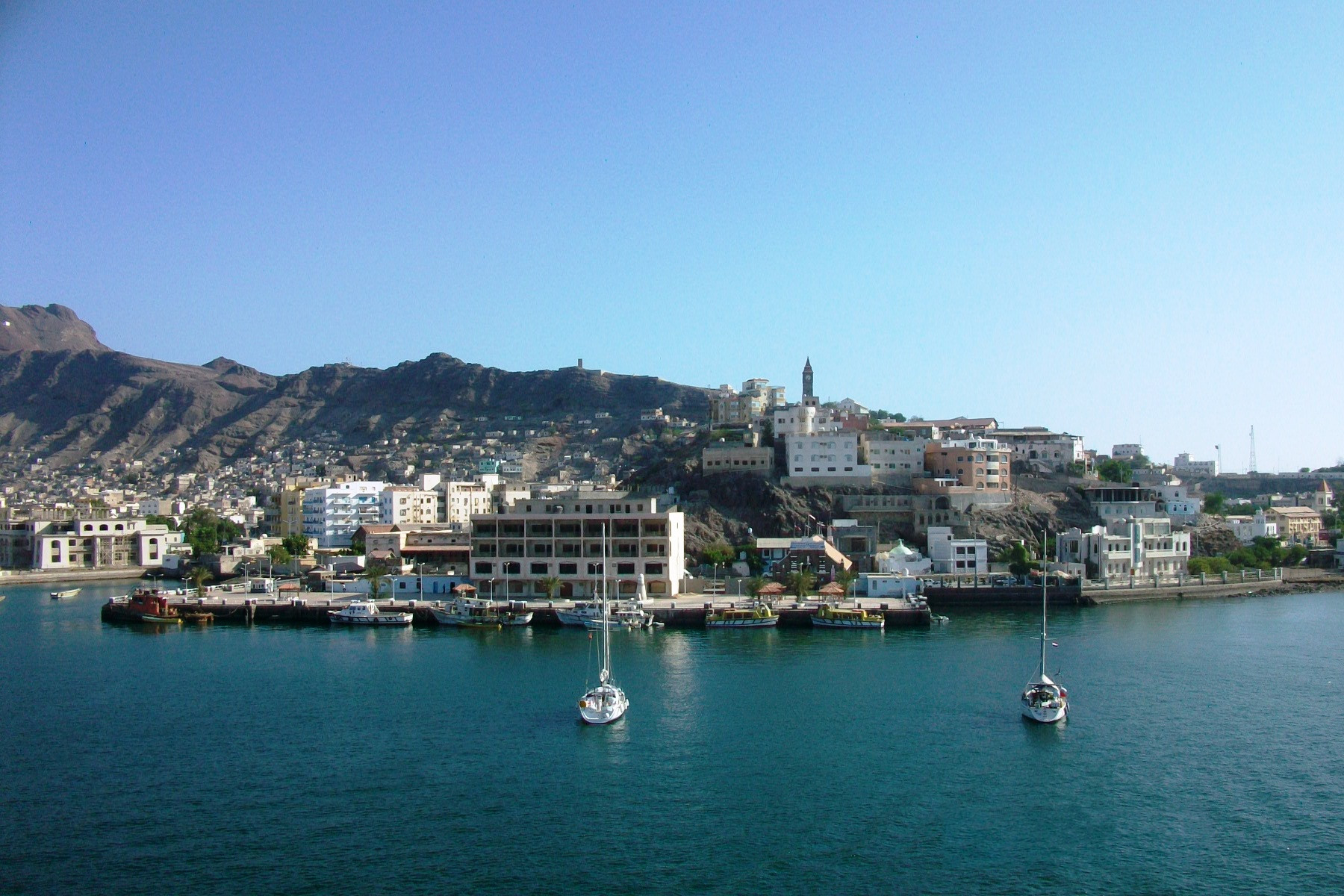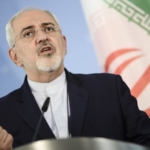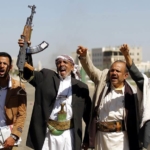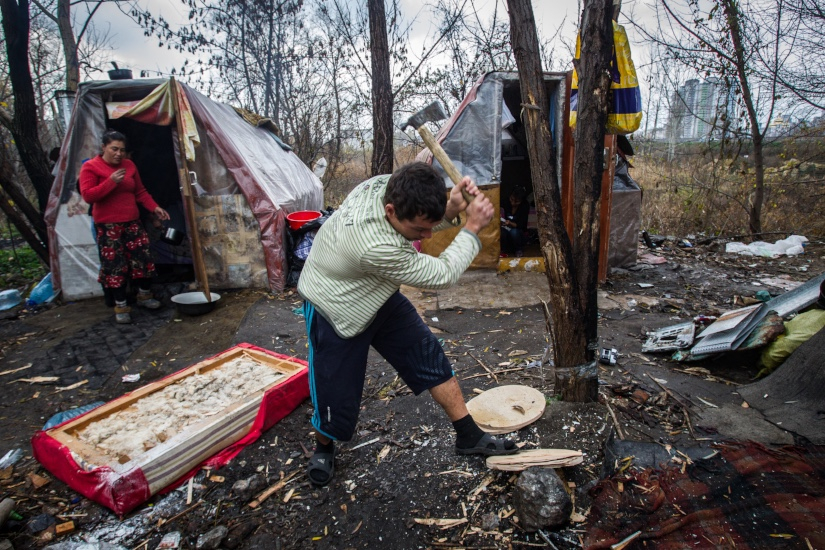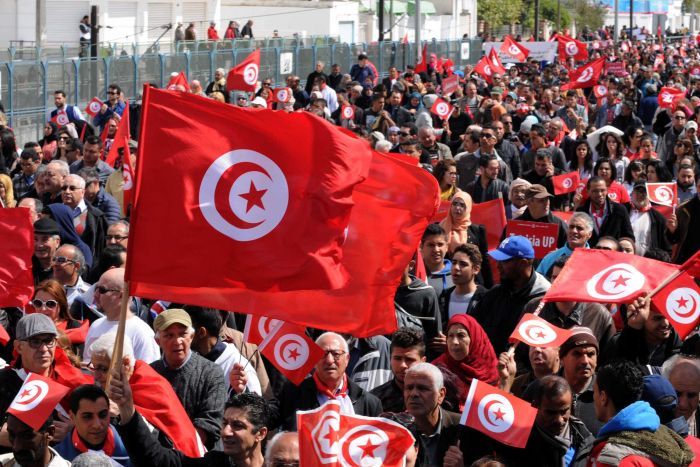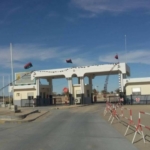Turk Eximbank mobilises $ 20 million to expand Tunisian-Turkish projects
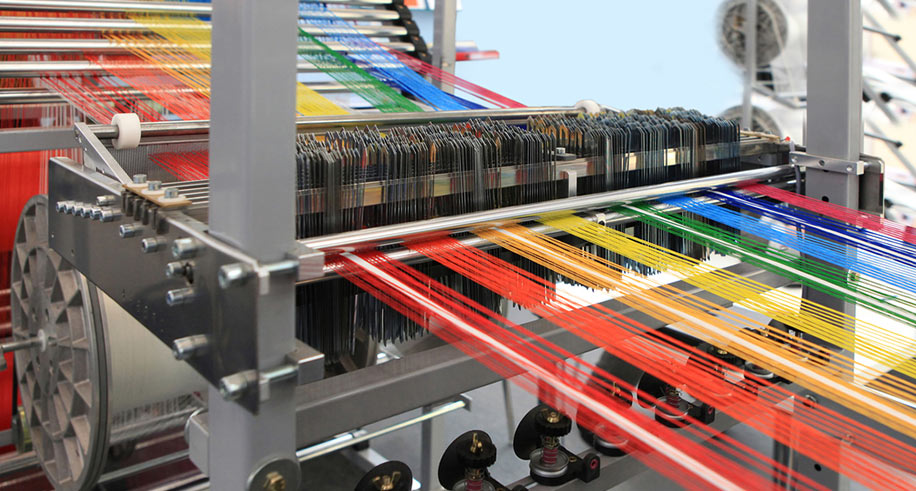
Turkish Eximbank has financed Tunisian-Turkish textile projects in Tunisia worth US $ 20 million. Speaking at the forum of textile co-operation between Tunisia and Turkey, the ambassador pointed out that the textile sector employs 165 thousand people, adding that the funds allocated by “Turk Exim Bank “will bring the number of jobs in Tunisia up to more than 20 thousand positions.He said Turkey is a strategic partner of Tunisia and will help increase its exports. “We hope that Tunisia will become an exporter of ready-to-wear clothing”.He added that textile is a key and promising sector to boost the economy, recalling its important role in increasing Turkish exports. He pointed out that the participation of 20 Turkish textile manufacturers, officials of the Turkish, Ministry of Commerce and a delegation of the Istanbul Textile and Raw Materials Exporters Association (ITHIB) reflects Turkey’s willingness to establish a platform for co-operation between the Tunisian and Turkish parties in the sector and to invest in Tunisia. For his part, vice-president of the Tunisian Federation of Textile and Clothing (FTTH), Nafaa Neifer recalled that the textile sector has faced several difficulties in recent years, despite its importance in the development of the economy and its ranking at the top of the list of exports.He stressed that Turkish companies will have to consider Tunisia as a destination for investment, job creation and exchange of experiences and not as a market only, calling for developing co-operation in the field of textile spinning and fabrics in Tunisia.He emphasised the need to attract investment, particularly in the fields of textiles, technical textiles and textile spinning, stressing the importance of developing the sector, creativity and research in order to achieve added value.







